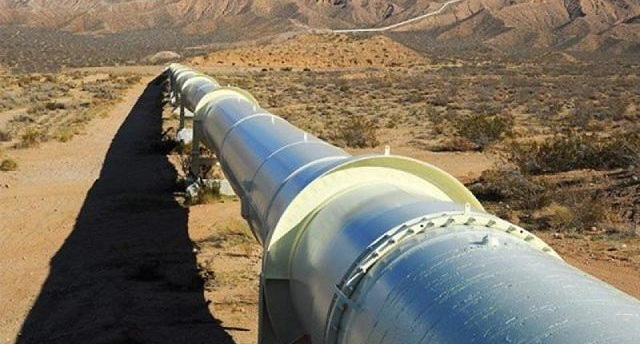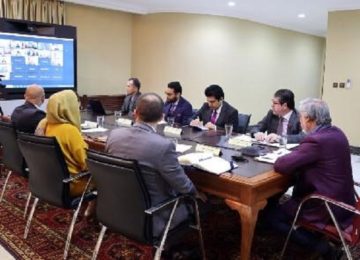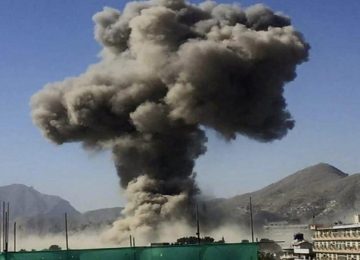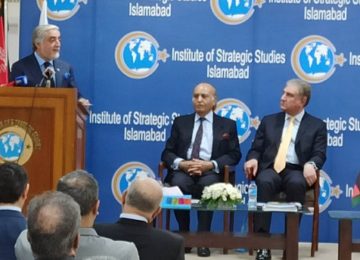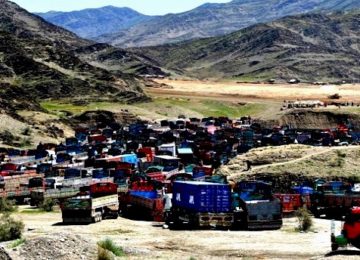The Ministry of Mines and Petroleum (MoMP) on Thursday said that with the implementation of TAPI project in Afghanistan in 2018, the government will create three operational centers in Herat, Kandahar and Helmand provinces which will oversee the distribution of gas from the project to the Afghan people. Once TAPI is implemented in 2019, gas from the pipeline will also be fed through to centers for Afghanistan’s use.
Meanwhile, a number of economic commentators have said that government should undertake the necessary arrangements for the implementation of the TAPI project in the country so that sufficient gas is provided to the people.
“Operative and gas distributing centers will be established in the three locations. The centers will distribute gas systematically. The locations for the centers have been selected,” Abdulqadeer Mutfi, spokesman for Ministry of Mines and Petroleum, told TOLOnews.
Economic commentators meanwhile asked government to define more inclusive and working strategies so that the people can access sufficient gas from the project.
“The provinces where the pipeline goes through must be the number one beneficiaries of the project. They will not cooperate with the safety of the pipeline if they are not benefited from the gas and other privileges of the project,” said Qais Mohammadi, an economic affairs analyst.
Based on the statistics, practical work on the project will start in 2018 and the project will be put into operation in 2019.
What is TAPI?
The 1,814-kilometre pipeline will run from gas fields in Turkmenistan through Afghanistan and Pakistan to India. It starts from the Galkynysh gas field.
In Afghanistan, TAPI pipeline will be constructed alongside the Kandahar–Herat Highway in western Afghanistan, and then via Quetta and Multan in Pakistan. The final destination of the pipeline will be the Indian town of Fazilka, near the border between Pakistan and India.
Afghanistan is expected to get $500 million in transit duties annually from the project.
This piece originally appeared in TOLONews on December 29, 2017. Original link.
Disclaimer: Views expressed on this blog are not necessarily endorsed or supported by the Center for Research and Security Studies, Islamabad.



